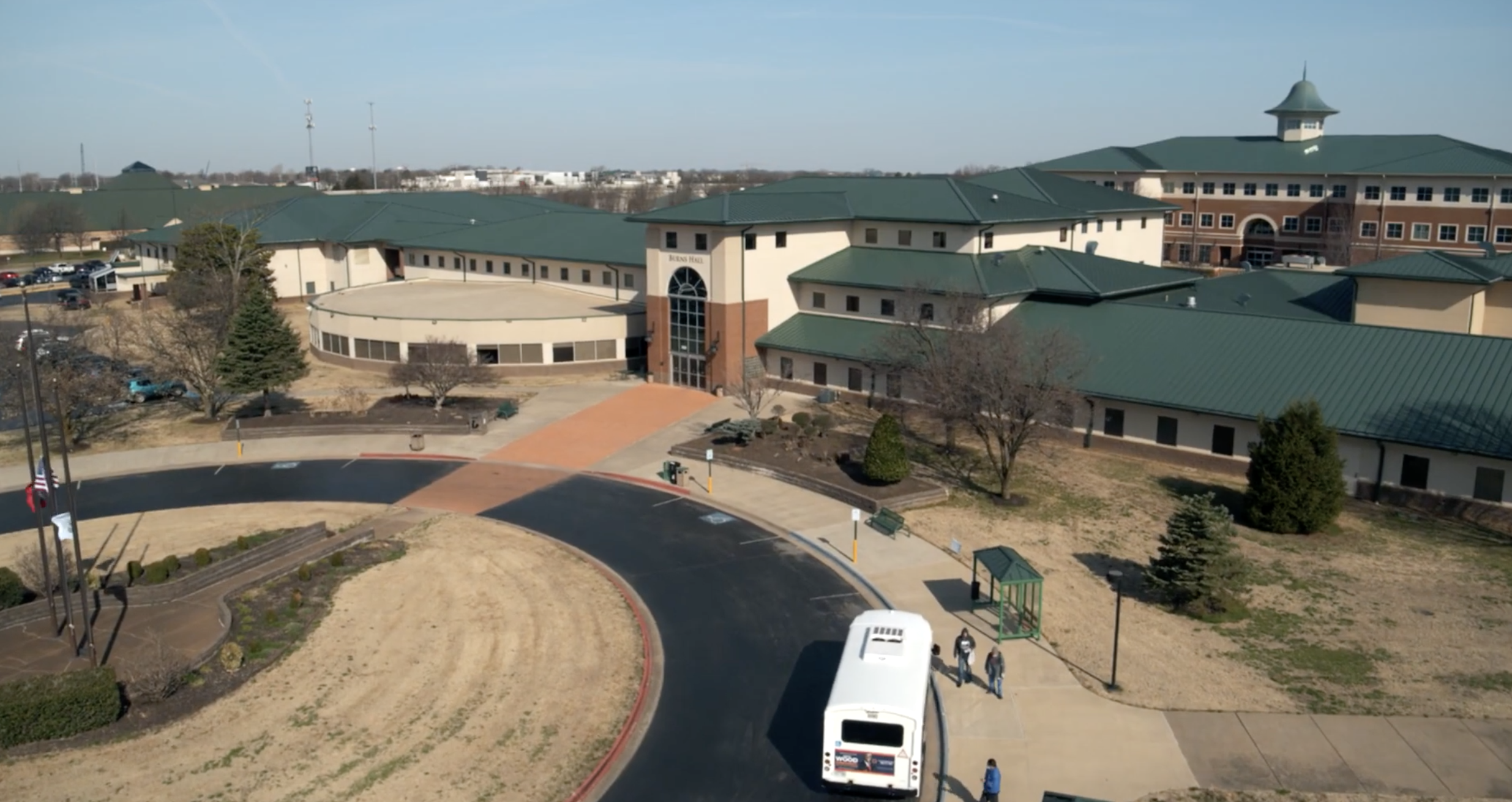The Northwest Arkansas Council is excited to launch a video series that explores different career opportunities in the region.
The first video focuses on various opportunities available at NorthWest Arkansas Community College (NWACC) Center for Health Professions. While there are nursing tracks available at NWACC, the faculty members highlight allied health options. Allied health refers to the medical careers that fall outside of the scope of medicine and nursing.
Mark Wallenmeyer, the dean of health professions at NWACC, attests that in his conversations with local members of the medical field, he learned that the positions currently in high demand are allied health professionals. Allied health roles include respiratory therapists, dental assistants, radiologists, and more; and NWACC offers certification for many of these.
When exploring allied health career opportunities, one of the benefits that most quickly stands out is the time it takes to become certified, with most degrees ranging from one to five semesters. Even with some of the options having prerequisites, the time commitment to complete most of the tracks is two to two-and-a-half years, making these health professions more attainable than some other medical career counterparts.
An increase in allied health professionals is not only an achievement for those who work hard to get certified, but also for the general public who more and more are requiring the help of these specialized skills. While the shortage in allied health roles has been an issue in the past, the global COVID-19 pandemic led to a heightened scarcity due to people leaving the field or retiring early. Additionally, the combination of baby boomers – the largest age group in the United States – reaching retirement age and the prevalence of chronic diseases is putting a growing demand on the health care field. Six in 10 American adults have a chronic health issue, and it is expected that one in five Americans will be age 65 or older by 2030.
These statistics make a solid argument for the job security of allied health careers. However, it is important to note that it is an industry that requires students who approach their work with empathy, compassion and care. Tina Cikanek, program director of health information management at NWACC, points out that those entering allied health need to be aware that they are providing services to people during some of the most difficult times in the patients’ lives. Those characteristics are essential to success in health professions.
Though right now is a difficult time for the health care field across the country, there are existing resources that can help those who want to start a medical career during this time of high demand. Tina mentions the clinical internships available through NWACC’s program which allow participants to apply their studies in hospitals and clinics. Many of them are hired while completing those internships, ensuring that they have a job upon graduation.
Whether you have always wanted to join the medical field or are looking for a later-in-life career transition, allied health positions are something worth exploring.












